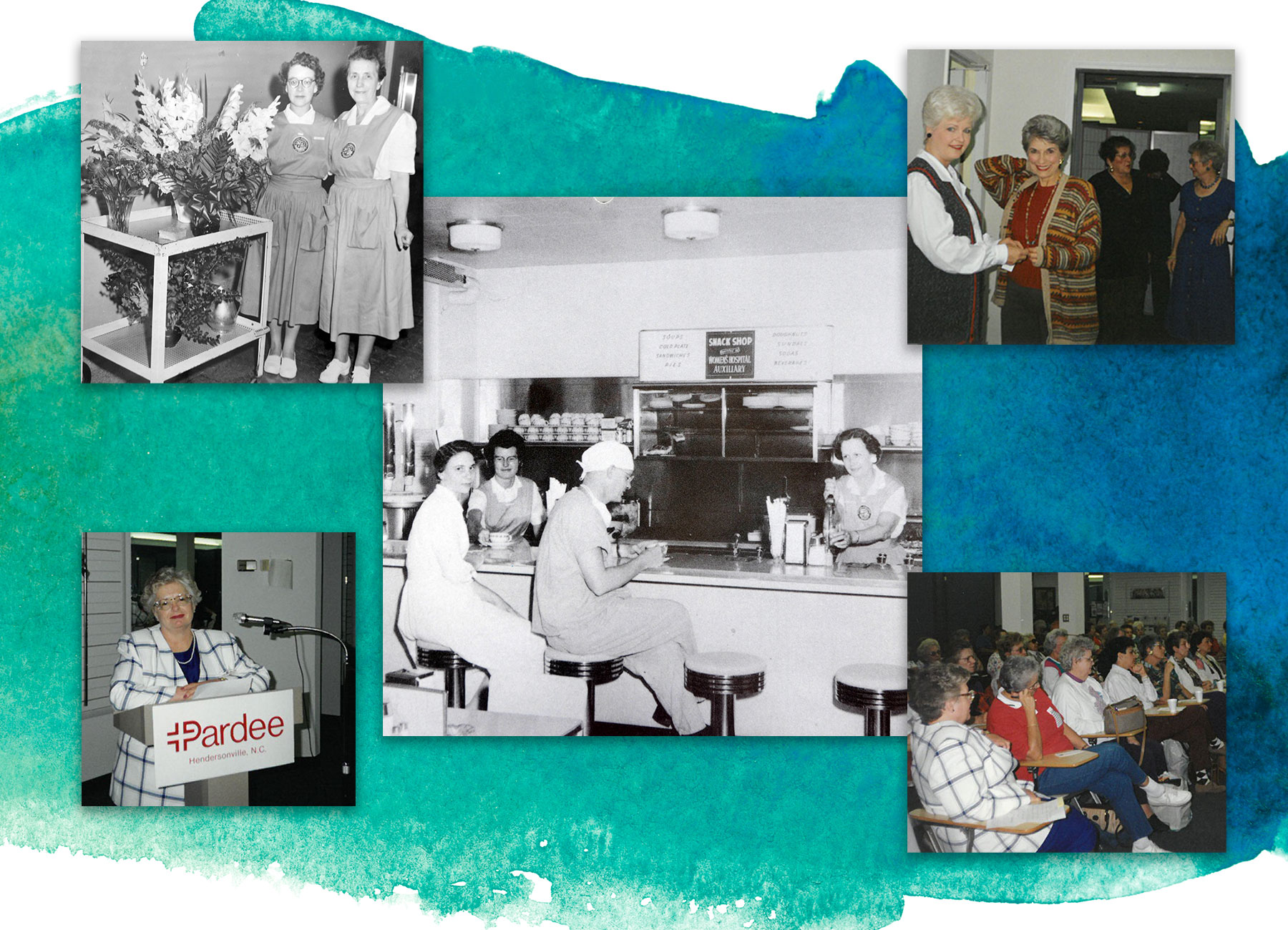You’ve probably talked to a pharmacist at some point. Perhaps it’s when you got your COVID-19 vaccine or flu shot. Or maybe it’s when you filled a prescription at your local pharmacy. But did you know pharmacists are also an important part of the hospital medical team? Hospital pharmacists play many roles: They stay up to date on the latest medication research and work with patients and providers to improve patient safety. Here are three ways hospital pharmacists improve patient safety:
Hospital Pharmacists Stay Up to Date on Medication Research
Pharmacists keep up with the many advances and latest research in medication development. This research helps them make educated recommendations to hospitals when they purchase new medications from pharmaceutical vendors. It also allows them to consult with doctors and nurses to ensure patients receive the best medication for their needs.
Hospital pharmacists are also part of hospital policymaking and advise on issues such as antibiotics, drug selection and safe medication use.
They are also responsible for managing a hospital’s medication inventory and ordering new drugs as needed, so the hospital always has the correct medications on hand.
Hospital Pharmacists Help Improve Patient Safety
Hospital patients often require complex care and may be prescribed many different medications. Patients may also have chronic conditions to manage, like high blood pressure or diabetes.
Hospital pharmacists share essential information with doctors and nurses, such as specific medication instructions, dosing and recommendations to improve a patient’s medication list. They review each patient’s chart to screen for medication allergies and potential adverse drug interactions.
Hospital pharmacists also review which medications are ordered by physicians, check medications before they are dispensed to patients and monitor how well the medications are working.
Hospital Pharmacists Work Closely With the Entire Health Care Team
Hospital pharmacists prepare and dispense medications, but they are also involved in direct patient care. They may work with physicians and nurses to evaluate patients, provide medication recommendations and consult on diagnoses. They can also help providers choose the most appropriate medications and monitor effectiveness.
At the end of the day, the pharmacist’s most important role is to help patients be as safe and healthy as possible.





